Charge in Nottingham triple killer's case appropriate - ex-prosecutor
- Published
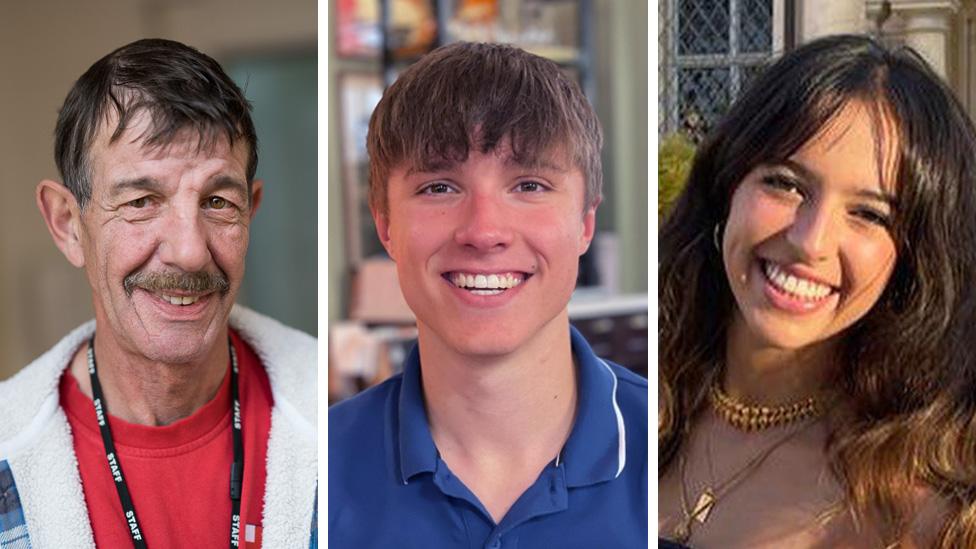
Ian Coates, Barnaby Webber and Grace O'Malley-Kumar were all stabbed to death by Valdo Calocane
The decision to accept triple killer Valdo Calocane's manslaughter pleas and to give him a hospital order were appropriate, a former chief crown prosecutor has said.
Nazir Afzal said a review, ordered by the attorney general, was raising expectations that will not be met.
The victims' families have raised concerns over how the case was handled.
But Mr Afzal said accepting Calocane's pleas was "probably the right decision".
"As I understand it there were five psychiatric reports that all said this man was suffering from mental impairment, so it's appropriate in those circumstances to decide that that's the charge that they would prefer," said Mr Afzal, former chief crown prosecutor for North West England.
"I'm afraid as a matter of law it was probably the right decision."
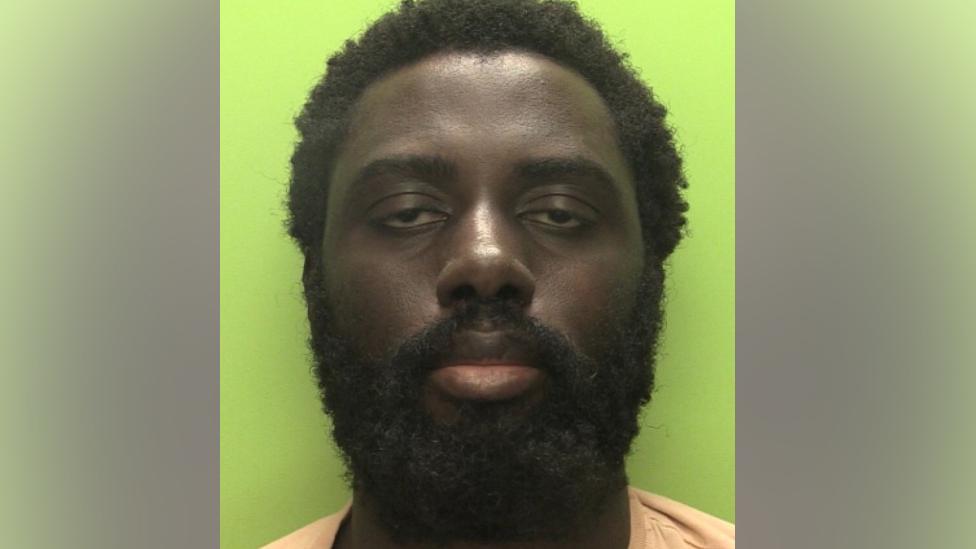
Valdo Calocane suffered from paranoid schizophrenia, Nottingham Crown Court was told
Calocane, who has paranoid schizophrenia, stabbed to death 19-year-old students Barnaby Webber and Grace O'Malley-Kumar, and 65-year-old school caretaker Ian Coates, in killings on 13 June.
He was originally charged with murder but pleaded guilty to manslaughter on the basis of diminished responsibility in November.
The Crown Prosecution Service (CPS) did not accept these guilty pleas at the time, but did so at a hearing on 23 January.
Mr Afzal told BBC Breakfast: "Murder would have been the original charge, but if there is a partial defence, and the partial defence in this case would be diminished responsibility - namely that the person who carried out these terrible killings was suffering a mental impairment at the time - then the option becomes available as to whether or not to charge manslaughter."
However, Barnaby Webber's mother Emma said the decision to accept the pleas had left them "horrified", with her claiming they had been "railroaded" by the CPS.
"At no point during the previous five and a half months were we given any indication that this could conclude in anything other than murder," she said.
Nottingham attacks: Victims' families react to triple killer's sentence
Following this, Attorney General Victoria Prentis said she had ordered an "urgent review" of the CPS's handling of the case.
Mr Azfal, the former chief executive of the Association of Police and Crime Commissioners and current chancellor of the University of Manchester, said he felt the review would make no difference to the outcome.
He said: "All that review will do is to provide some scrutiny as to how they came about that decision, whether they had appropriate meetings with the families, what was said, but it will not change the decision.
"I think people need to be clear about that. The government, by using language like 'urgent review', undoubtedly are raising expectations which unfortunately are not going to be met."
In response to the family's concerns, the CPS said: "Our thoughts and sympathies are with the families of the victims at this incredibly difficult time.
"Engagement with those who have been left bereaved is one of our highest priorities and in all cases we continue to liaise with victims' families throughout the legal process."
The moment Valdo Calocane is sentenced at Nottingham Crown Court
The attorney general is also considering whether or not Court of Appeal judges should review Calocane's sentence, after he was given an indefinite hospital order.
Baroness Louise Casey told Radio 5 Live that she thought the judge had "got it wrong" and suggested a hybrid order would be more appropriate.
But Mr Afzal said reviewing the judge's decision was unlikely to achieve anything either, as he said an indefinite hospital order was the equivalent of a life sentence.
"It probably will make no difference, but it's important for her to consider it appropriately given the valid concerns that the families have about the way that they've been communicated with throughout the whole process," he said.
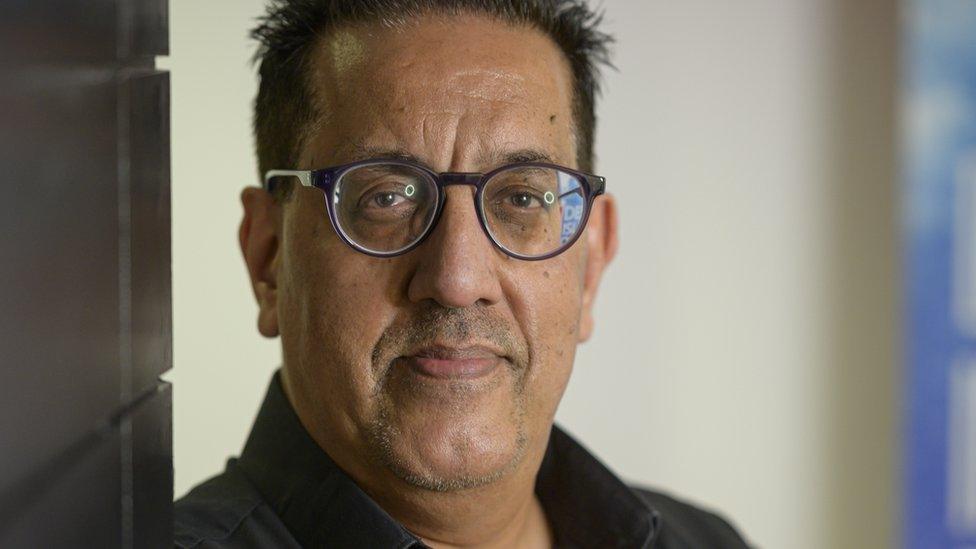
Mr Afzal said it was unlikely that Calocane would ever be released
Footage shows timeline of Nottingham attacks and killer's arrest
When Calocane was sentenced, the judge told him: "I will say at the outset that the sentence I am about to pass upon you will result in you being detained in a high security hospital, very probably for the rest of your life."
The victims' families have called for assurances that Calocane would never be released, but Mr Afzal said this was very unlikely.
"There is the smallest possibility that he would recover from this illness that he's currently suffering from," he said.
"I think the judge made it clear that it was very unlikely.
"There's no 100% guarantee here, which undoubtedly is what's causing the families' concern, but historically and from previous cases I've dealt with, when somebody gets an indefinite hospital order, that's the last time you ever see them."

Follow BBC East Midlands on Facebook, external, on X, external, or on Instagram, external. Send your story ideas to eastmidsnews@bbc.co.uk, external.
Related topics
- Published30 January 2024

- Published29 January 2024
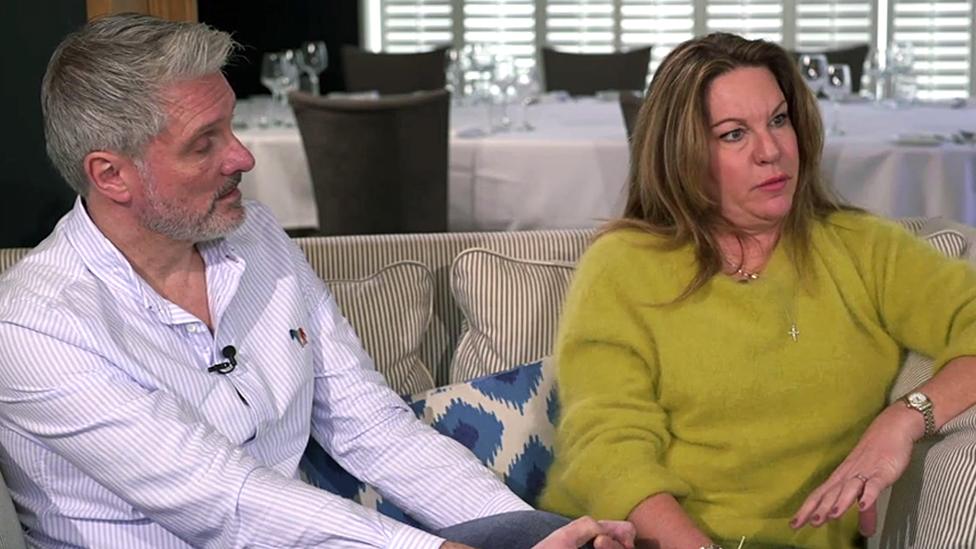
- Published29 January 2024
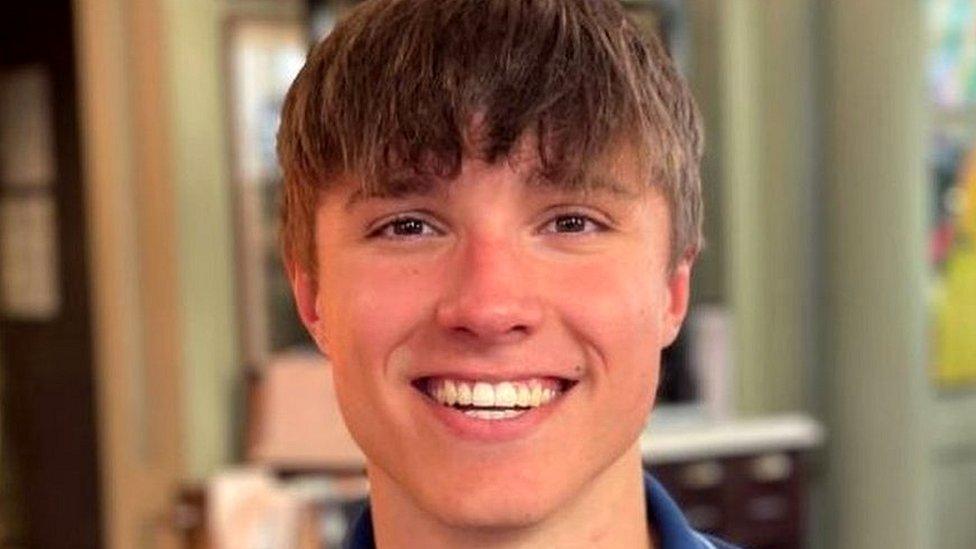
- Published27 January 2024

- Published26 January 2024
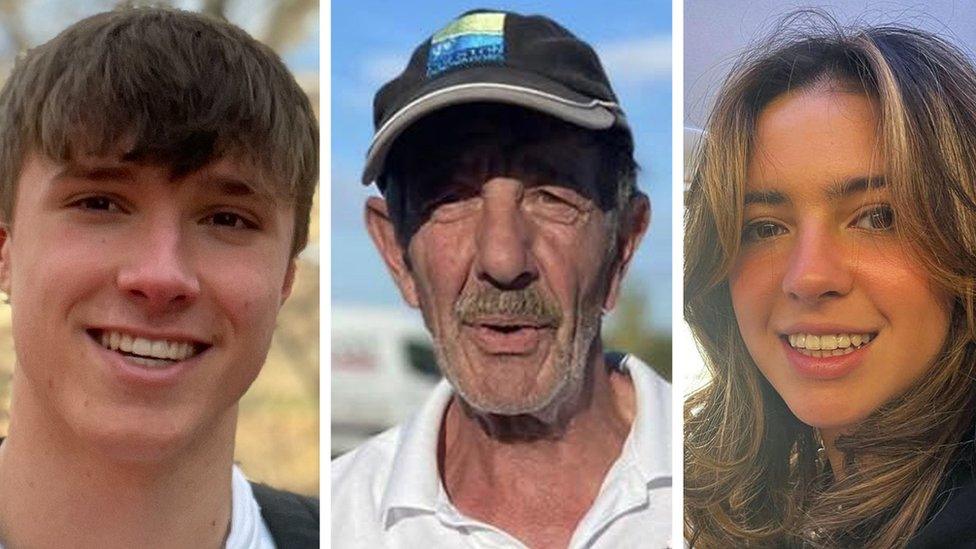
- Published25 January 2024
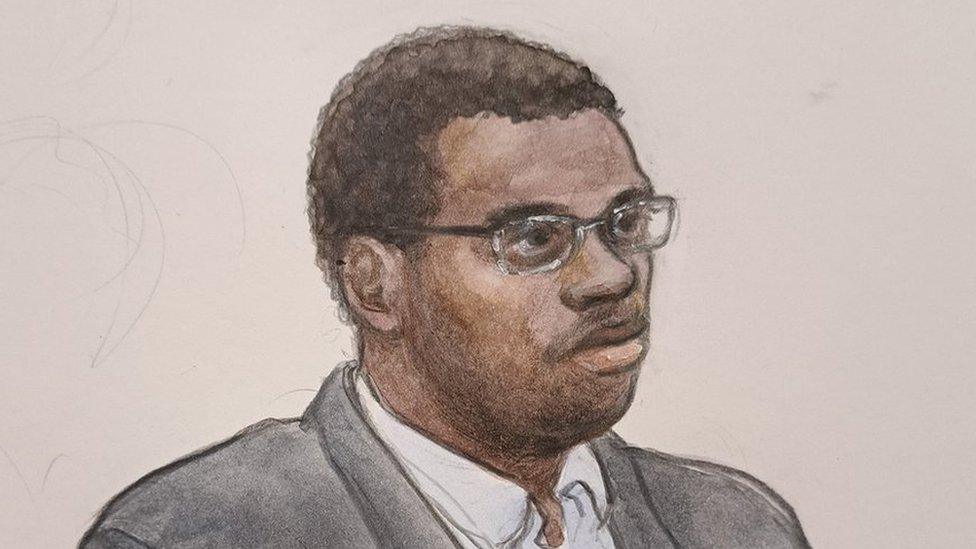
- Published23 January 2024
